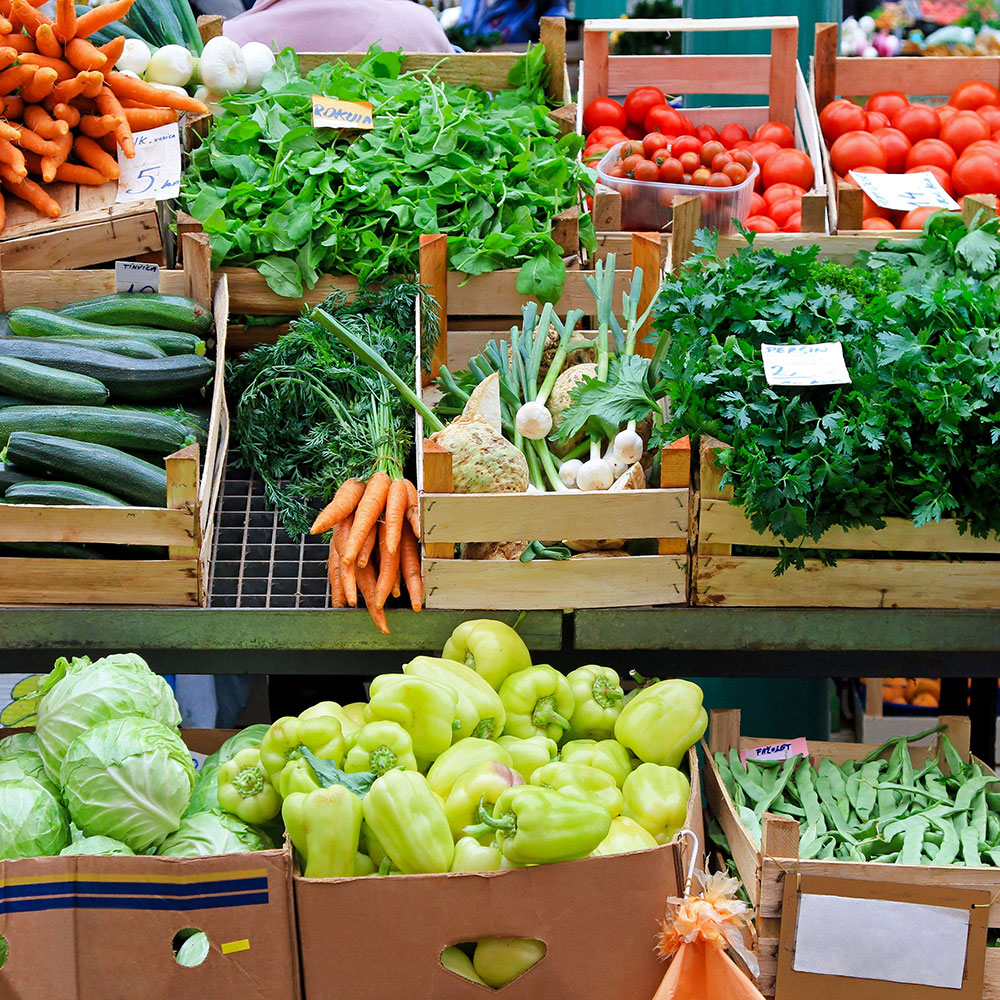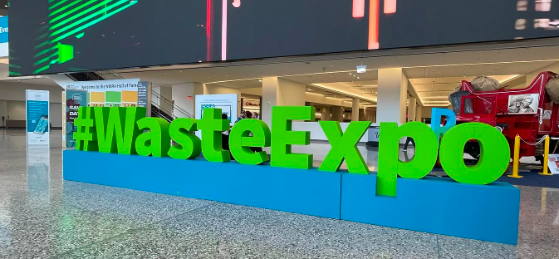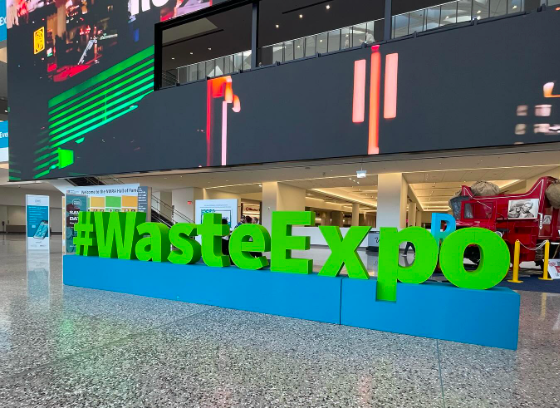A few weeks ago, Littlefoot Ventures had the privilege of attending the WasteExpo Food Recovery Forum 2024. The event was a gathering of thought leaders, innovators, and stakeholders, all dedicated to addressing the pressing issue of food waste.
Here are some of the most significant insights and recurring themes we took away from the forum:
1. Money Matters
One of the prevailing themes at the forum was the importance of cost-effectiveness in food waste reduction. For food waste initiatives to gain widespread adoption, they need to be easy to implement, cost-effective, and cheaper than current disposal methods. In several discussions and presentations, experts emphasized that individuals, businesses, and governments are more likely to buy in when they see clear economic benefits. This means that demonstrating the financial advantages of reducing food waste—such as savings on disposal fees and potential revenue from upcycled products—can drive significant progress.
2. Educate Others
Despite growing awareness, not everyone fully understands the impact of food waste on the environment… yet. Many discussions at the conference highlighted the need for educational initiatives that start with the basics. Educating the public, business owners, and policymakers about the environmental and economic ramifications of food waste is crucial. Food waste reduction and climate resilience can only be accomplished with a foundational understanding.
3. The National Importance of California SB 1383
California’s Senate Bill 1383 was a hot topic throughout the event. Mentioned in almost every panel, this legislation mandates a significant reduction in organic waste, including food waste, by 2025. The bill aims to reduce greenhouse gas emissions from organic waste in landfills, improve air quality, and support food recovery programs. The frequent references to SB 1383 underscored its importance as a model for other states to follow and its role in shaping food waste policy nationwide.
4. We Need Logistics Solutions
Logistics emerged as a major challenge in food waste reduction. Many sessions focused on the difficulties of transporting and delivering food waste to appropriate facilities. Municipal waste management systems often struggle with these logistics, and solutions like relying on volunteers for delivery are not always sustainable. One innovative approach that was discussed was FoodCycle LA’s model. By using a transportation-based system that shares storage, refrigeration, and other resources, FoodCycle LA has created a collaborative network of distributions. This model minimizes both food waste and the costs associated with storage facilities and warehouses.
5. Time is of the Essence
This one’s a bit of a double entendre. While the urgency of addressing food waste as a solution to reduce emissions in the next five years is only growing, people valuing their time is also growing. Both of these themes were frequently mentioned during the conference. People need solutions that are not only effective but also time-efficient. They are more likely to adopt practices that are straightforward and manageable. To make a real and necessary impact, we must provide practical, easy-to-implement solutions and do it quickly.
6. Collaboration is Key
The Food Recovery Forum reinforced the idea that collaboration and creativity are essential for sustainable change. In-person gatherings like this event are invaluable for sharing insights, learning from each other, and developing collaborative solutions. Real change in our food systems requires cross-sector partnerships, where businesses, governments, nonprofits, and communities work together and share their successes and failures.
7. “Waste” Must Be Reframed
In the Upcycled Food Association’s panel, Dr. Jonathan Deutsch of Drexel University sarcastically but unironically stated that, “food waste is a social construct.” While many appropriately laughed at this sentiment, the perspective still urges us to reframe how we view waste, recognizing it as a resource rather than a discardable item. The Upcycled Food Association and its members, and companies like Mill, are leading the charge in this reframing, transforming food waste into valuable products and promoting sustainable practices.
While food rescue remains a necessary band-aid solution to reduce food loss and waste in landfills, it is crucial for reducing greenhouse gas emissions to the required levels by 2030. Addressing these commonalities heard and discussed at the Food Recovery Forum offers insights for solutions providers, like Littlefoot Ventures, to address the sore spots in food recovery. Through multi-stakeholder engagement, collaboration, and narrative reframing, we can drive the change needed to create a more sustainable and efficient food system through food waste reduction.



